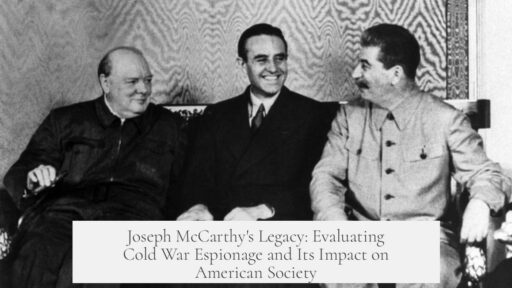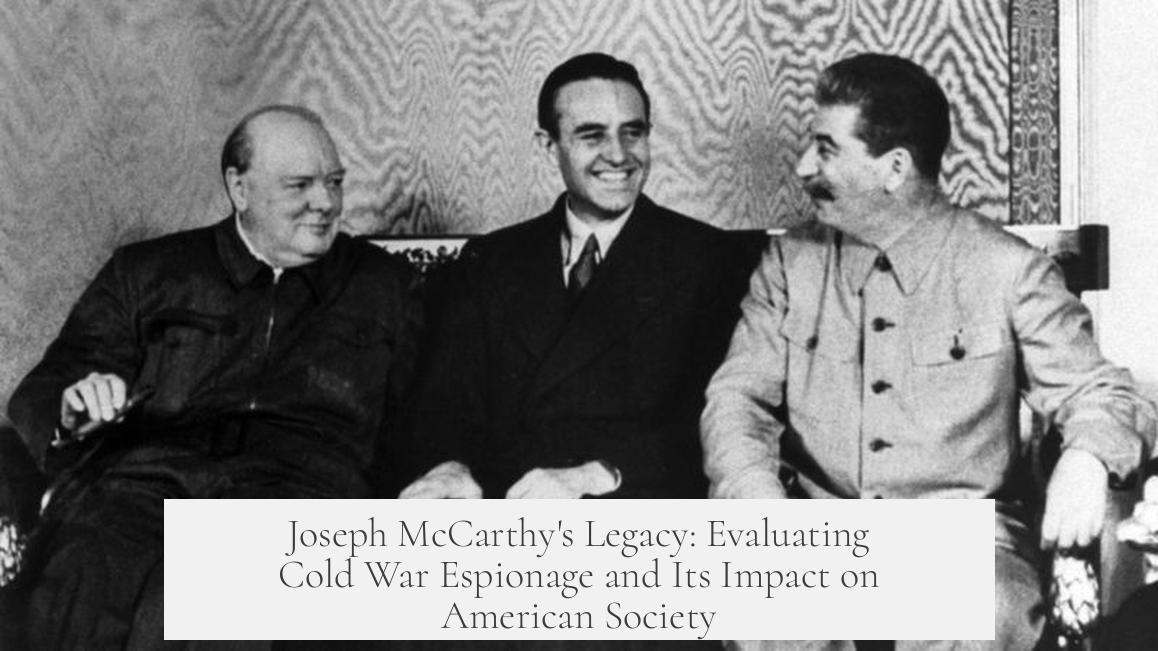Joseph McCarthy was, in fact, correct in his core assertion that Soviet espionage infiltrated the United States during the Cold War era, though his methods and excesses remain highly controversial and debated.
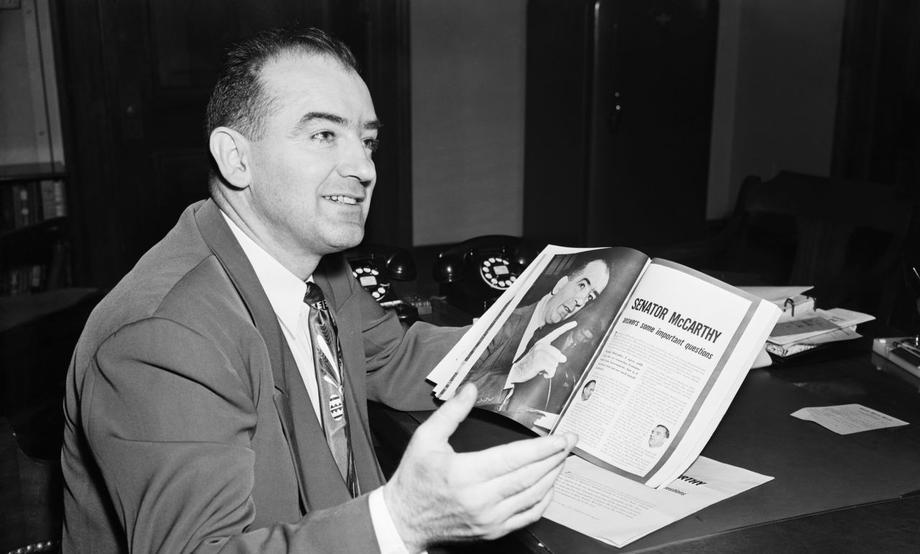
Communist agents actively worked to penetrate American institutions and government, successfully stealing sensitive industrial and military secrets. This reality is well documented through the Venona Papers, a highly classified U.S. project that decrypted approximately 3,000 Soviet communications intercepted from 1940 to 1980. The project revealed over 300 Americans acting as Soviet spies or informants within key government agencies, corporations, and development boards.
High-profile spy cases linked to these findings include Julius Rosenberg and his wife, who were executed for transmitting critical Manhattan Project intelligence to the Soviets, and Alger Hiss, whose guilt remains debated but symbolized the fear of infiltration. The Venona decrypts also confirm the Communist Party of America’s active role in supporting Soviet espionage efforts. This connection justified the government’s harsh stance against the CPA, although some view McCarthy’s suppression of political freedom as excessive.
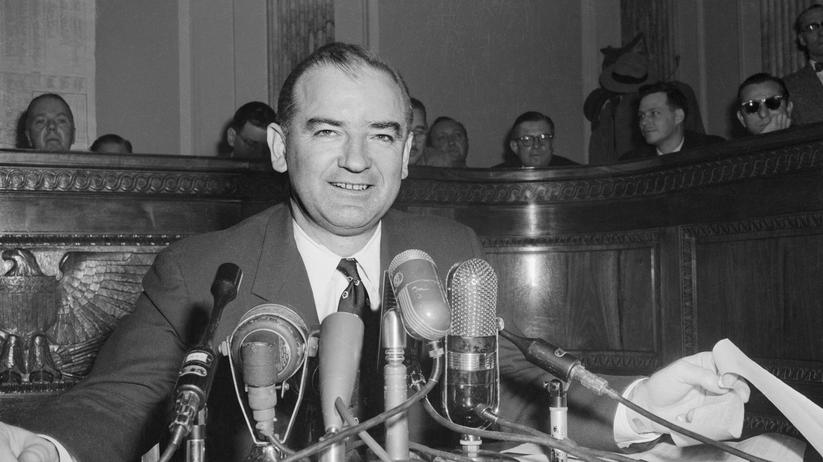
What remains undisputed is the Soviet Union’s deliberate campaign to undermine the U.S. political system. McCarthy’s alarm about communist influence was grounded in these genuine threats. However, the accuracy of his allegations does not fully justify his often indiscriminate accusations and the resulting political persecution during the McCarthy era.
Whether McCarthy’s approach was appropriate continues to be debated. While his concerns about espionage and infiltration were valid, his disregard for due process and civil liberties cast a lasting shadow on his legacy.
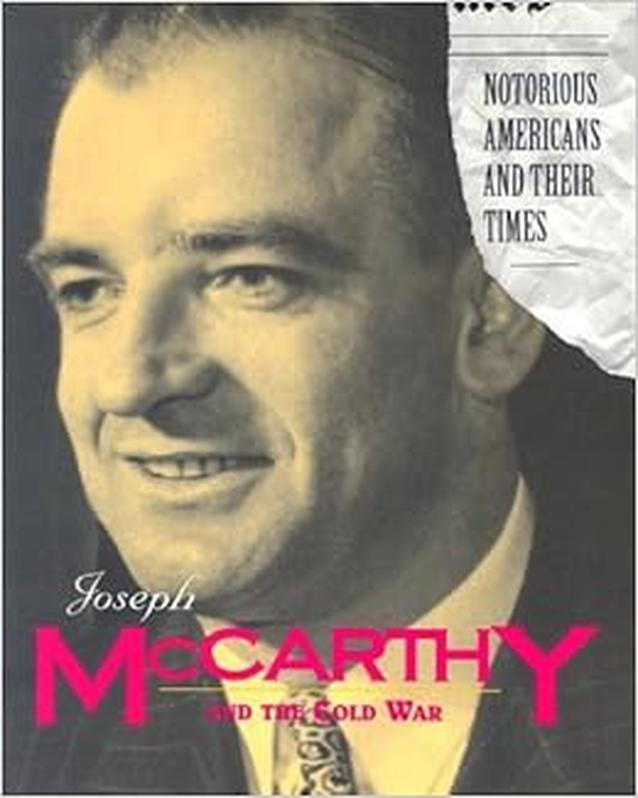
| Aspect | Fact |
|---|---|
| Venona Papers | Deciphered approx. 3,000 Soviet messages; revealed 300+ spies |
| Soviet Spy Cases | Julius Rosenberg executed; Alger Hiss implicated |
| Communist Party Role | Actively aided Soviet agents per decrypted communications |
| McCarthy’s Conduct | Valid concern but criticized for excessive methods |
- Soviet infiltration into U.S. institutions was a proven reality.
- The Communist Party of America supported Soviet espionage.
- Venona Papers provide strong evidence of espionage activity.
- McCarthy’s fear was justified; his tactics were problematic.
For more detailed analysis, refer to List of Americans in the Venona Papers and the book Venona: Decoding Soviet Espionage in America by John Earl Haynes and Harvey Klehr.
Was Joseph McCarthy Right? A Deep Dive into History, Espionage, and Public Fear

Was Joseph McCarthy right? It’s a question that’s both simple and maddening. Simple because the idea feels straightforward: did Soviet spies infiltrate America during his era? Maddening because the answer is wrapped in political drama, secret codes, and the messy reality of Cold War paranoia.
Let’s untangle the knots. McCarthy burst onto the American political scene in the early 1950s, waving accusations of communist infiltration. His frenetic hunts and fiery speeches sparked fear and suspicion. But was he actually right, or just a loud harbinger of hysteria?
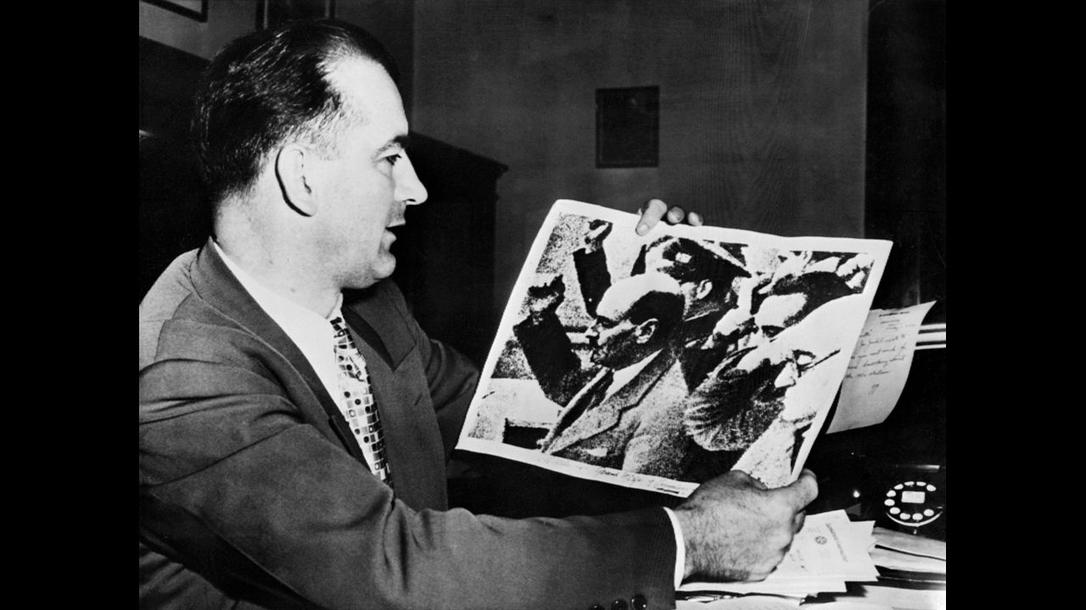
The Cold, Hard Truth About Communist Espionage
First, yes — spies *were* real. Think of Soviet agents as relentless moles burrowing deep into American institutions. They were stealing industrial secrets, spying on government operations, and quietly tugging at the threads of democracy. They scored quite a few successes.
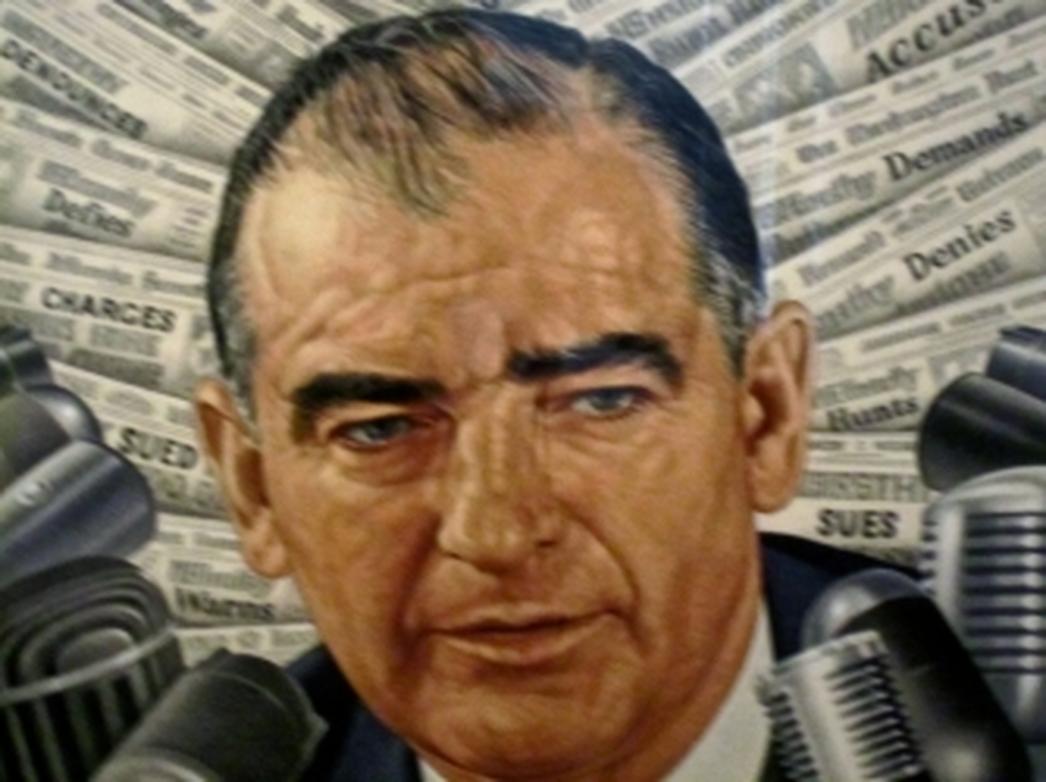
This is no mere conspiracy or paranoid fantasy. The existence of these spies was later confirmed through the Venona Papers, a secret U.S. government project that decoded thousands of Soviet communications.
Venona Papers: The Cold War’s Invisible Ledger
From 1940 to 1980, U.S. cryptanalysts intercepted Soviet messages. Imagine trying to solve a puzzle with 25,000 pieces, but only being able to see 3,000 clearly. Yet, from this, they uncovered the identities of over 300 Americans relaying secrets to Moscow. That’s like unmasking a covert cast in a very dangerous Broadway play.
These spies weren’t just randoms. They held positions in major corporations, development boards, and even the government, including the State and Treasury departments. The depth of infiltration was chilling — a spiderweb stretched across symbols of American power.
Spy Stories That Shocked the Nation
Among those caught were Julius and Ethel Rosenberg, convicted and executed for leaking Manhattan Project secrets to the Soviets. The bomb that ended World War II was no small coat-and-dagger target.
Then there’s Alger Hiss, a government official accused of spying. Though controversial, his case reflects the fear level about communist influence. Public opinion split sharply: Was he a traitor or a victim of McCarthyism? The debate rages quietly to this day.
The Communist Party Connection
The Venona Papers linked the Communist Party of America (CPA) as a helpful arm to Soviet spies. This connection blurred lines between political activism and espionage, causing grave consequences for civil liberties.
McCarthy’s critics often point out he went too far, trampling political freedom. Yet, the CPA-KGB link was more than a rumor. It posed a real danger, and this fact fuels why his concerns weren’t entirely off the mark.
Where the Debate Kicks In
Here’s the twist: while Soviet infiltration was genuine, the threat posed by the domestic Communist Party is still debated. The Soviet Union was undeniably hostile and aggressive towards the U.S., infiltrating its systems and seeking to undermine democracy.
McCarthy recognized that threat. Fear was justified. However, the problem isn’t his fears but how he acted on them. His methods—accusations without solid proof, public trials, and witch-hunts—often trampled individual rights.
So was he right? He was right to be scared. His actions? Not always justified.
Lessons from McCarthy’s Era
What can we learn from this? First, national security requires vigilance. Letting enemy agents roam free is a recipe for disaster. But this needs careful approaches.
Imagine throwing accusations like confetti at a party. Eventually, you’ll hurt innocent people. The line between protecting a nation and protecting freedoms is razor-thin.
For all his flaws, McCarthy spotlighted a serious problem. The Soviet Union’s espionage threat was not made up or exaggerated. The challenge was separating legitimate fear from hysteria.
Practical Takeaways for Today’s Readers
- When confronting threats, always demand evidence. McCarthy often bypassed this.
- Freedom of speech and political rights are vital. Suppressing dissent risks breeding intolerance.
- Governments sometimes hide critical info. The Venona Papers were secret for decades, delaying public understanding.
- Historical context matters. McCarthy acted during a tense Cold War climate where fear gripped hearts worldwide.
Further Exploration
If you want to dive deeper, check out Venona: Decoding Soviet Espionage in America, a treasure trove of facts by John Earl Haynes and Harvey Klehr. Also, Wikipedia’s list of Americans in the Venona Papers offers a detailed snoop.
Final Thoughts
In the grand scheme, McCarthy was a complicated figure. His fear of communist infiltration was grounded in reality. Still, the way he executed his crusade disrupted lives and chilled freedom.
So next time you ask, “Was Joseph McCarthy right?” remember: The answer carries layers. He saw shadows where shadows lurked. But casting nets wide without care also caught many innocent fish.
History teaches us this balance: Be wary, but be just. Fear the spy in the attic, not your neighbor. McCarthy’s legacy sparks a debate still alive about security, freedom, and how we face threats as a nation.
